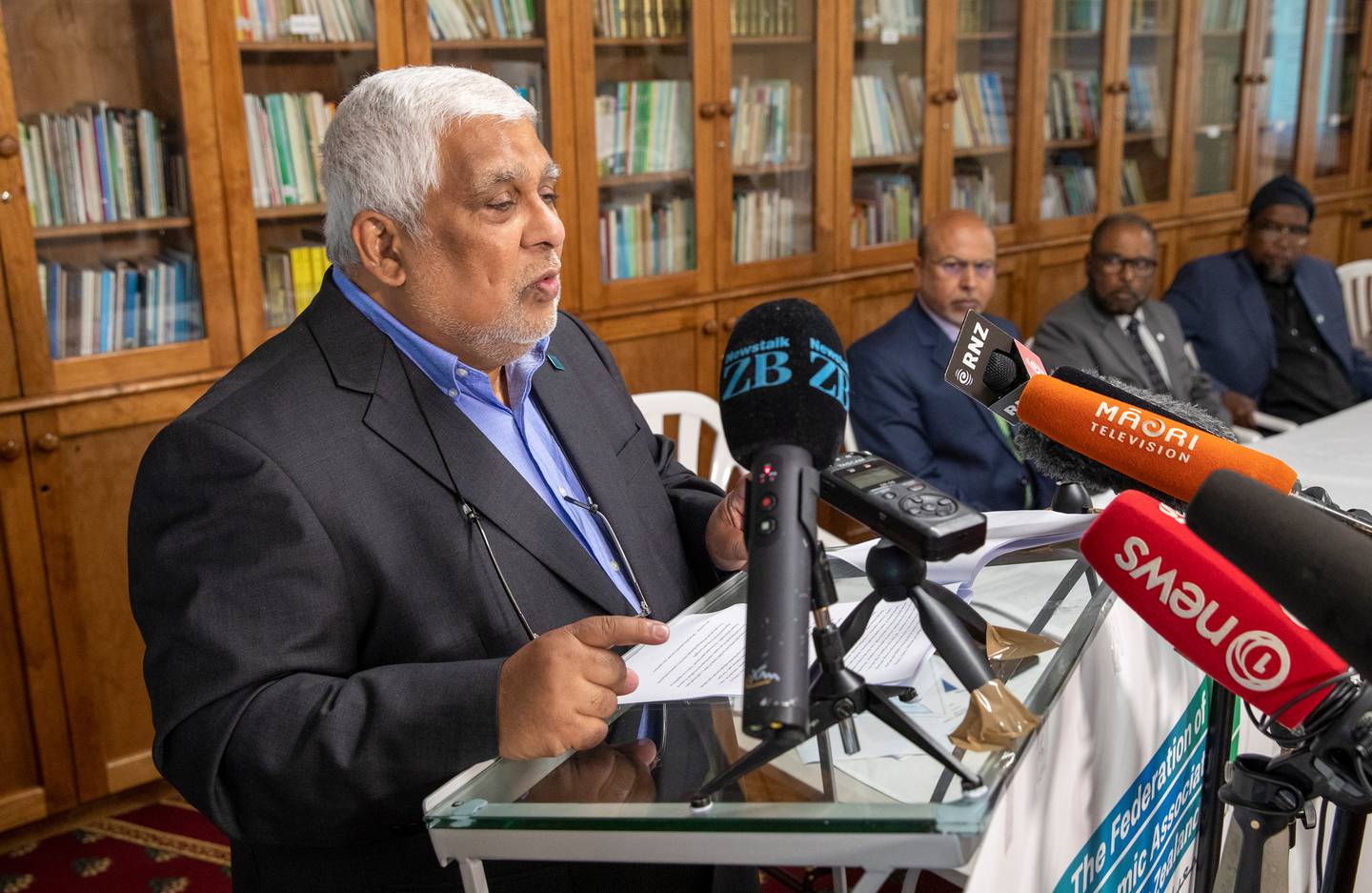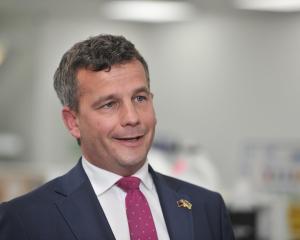
The Federation of the Islamic Associations of New Zealand (FIANZ) yesterday publicly released its submission to the Royal Commission of Inquiry into the March 15 terror attacks.
It investigated how the New Zealand Intelligence Community [NZIC] didn't foresee the threat of right-wing extremism despite rising attacks overseas and the Muslim community here feeling increasingly unsafe.
"We asked for help. We knew we were vulnerable to such an attack. We did not know who, when, what, where or how. But we knew," the report said.
A team of researchers pored over a decade of media reports, speeches in Parliament, public addresses, online forums among other sources to establish how the threat had been ignored.

"We are not trying to generate any hate, we are just trying to give the facts as we see them. The problem is much deeper than that," said Abdur Razzaq Khan, who chaired the federation's submission to the Royal Commission.
The federation said Muslim communities were left "defenceless" because of "systemic failures" of diversity at the security organisations which failed to properly engage with Muslim communities.
The report pointed to numerous examples of the director-general of security Rebecca Kitteridge wrongly framed terrorism as a "Muslim issue" rather than seeing the community as potential victims.
Their submission included a speech from Kitteridge in 2016 at Victoria University where she said New Zealanders "can walk the streets free from fear" of events like Paris, Brussels, Ottawa, London and Sydney which were all perpetrated by Islamic radicals.
She did not mention the events of Oslo, Quebec, Pittsburg or Macerata which were orchestrated by right-wing extremists.
It was not until mid-2018 that agencies began assessing the threat of right-wing extremists, the report said.
But Khan said they did not blame any individual for the "failings", or say that the NZIC was staffed by white supremacists or individuals with anti-Muslim bias.
"This is not the fault of any individual - this is the culture of Islamophobia."
The NZSIS was extremely capable and if they had focused on finding right-wing extremism, they would have found the Christchurch terrorist.
"This rat would have easily been identified if they were looking - but they weren't looking.
"They are very good, they searched out those Muslims who were searching out objectionable material and they prosecuted."
The federation also found the Christchurch mosque attacks terrorist would never have been able to obtain a firearm if proper procedures were followed because two of his referees did not meet police criteria.
In order to avoid a terror attack happening again, the federation recommended criminalising hate crimes, denying right-wing extremism, establishing a Ministry of Super Diversity, improving how media portray Muslims, and better training for the police and security agencies.
The New Zealand Intelligence Community said it could not respond to specific claims until the Royal Commission's report was released on December 8. The 800-page report has been presented to the Government.
Prime Minister Jacinda Ardern said she wanted the public to see the report before "launching into the discussion" on whether New Zealand's security agencies had failed.












